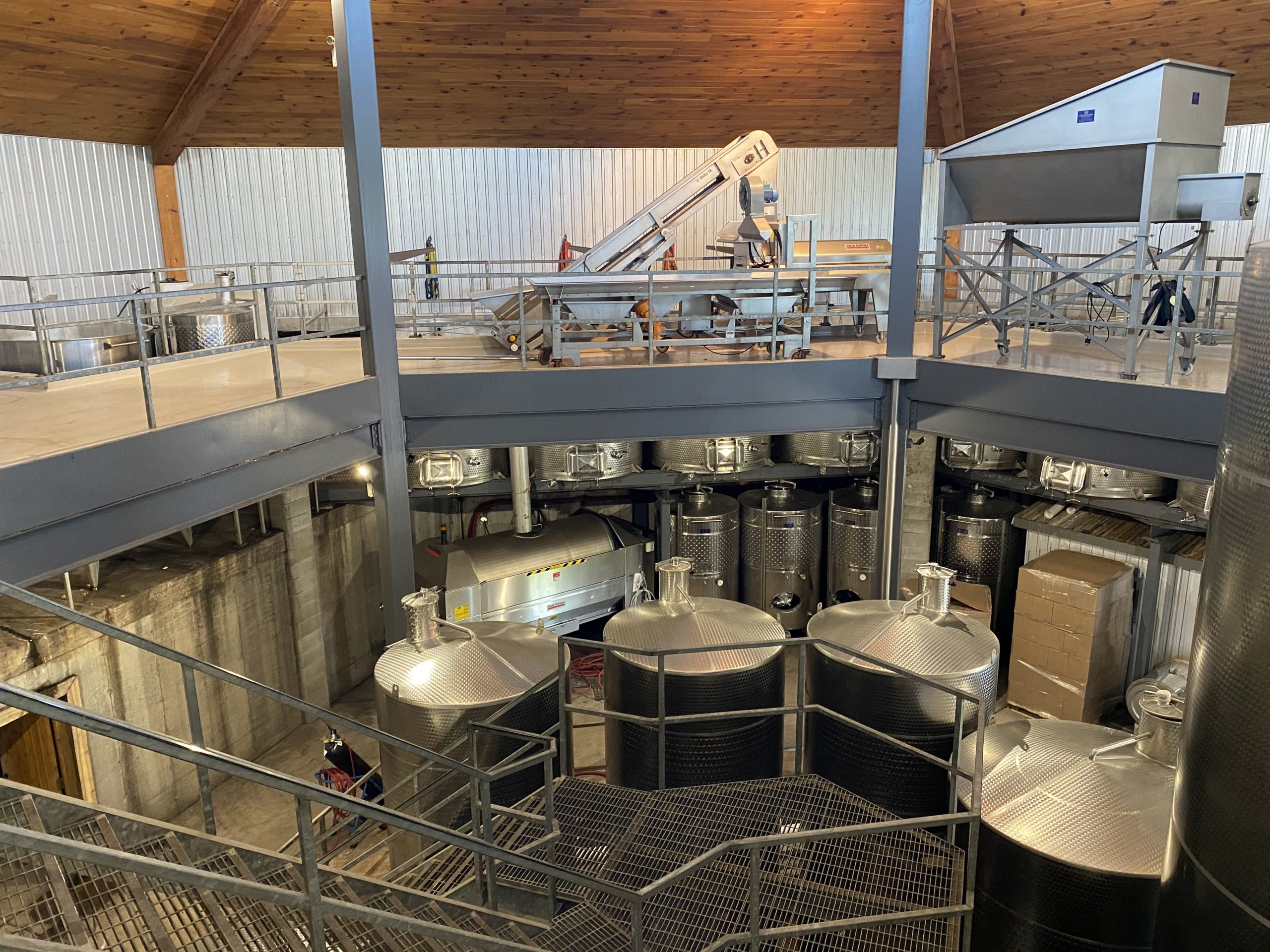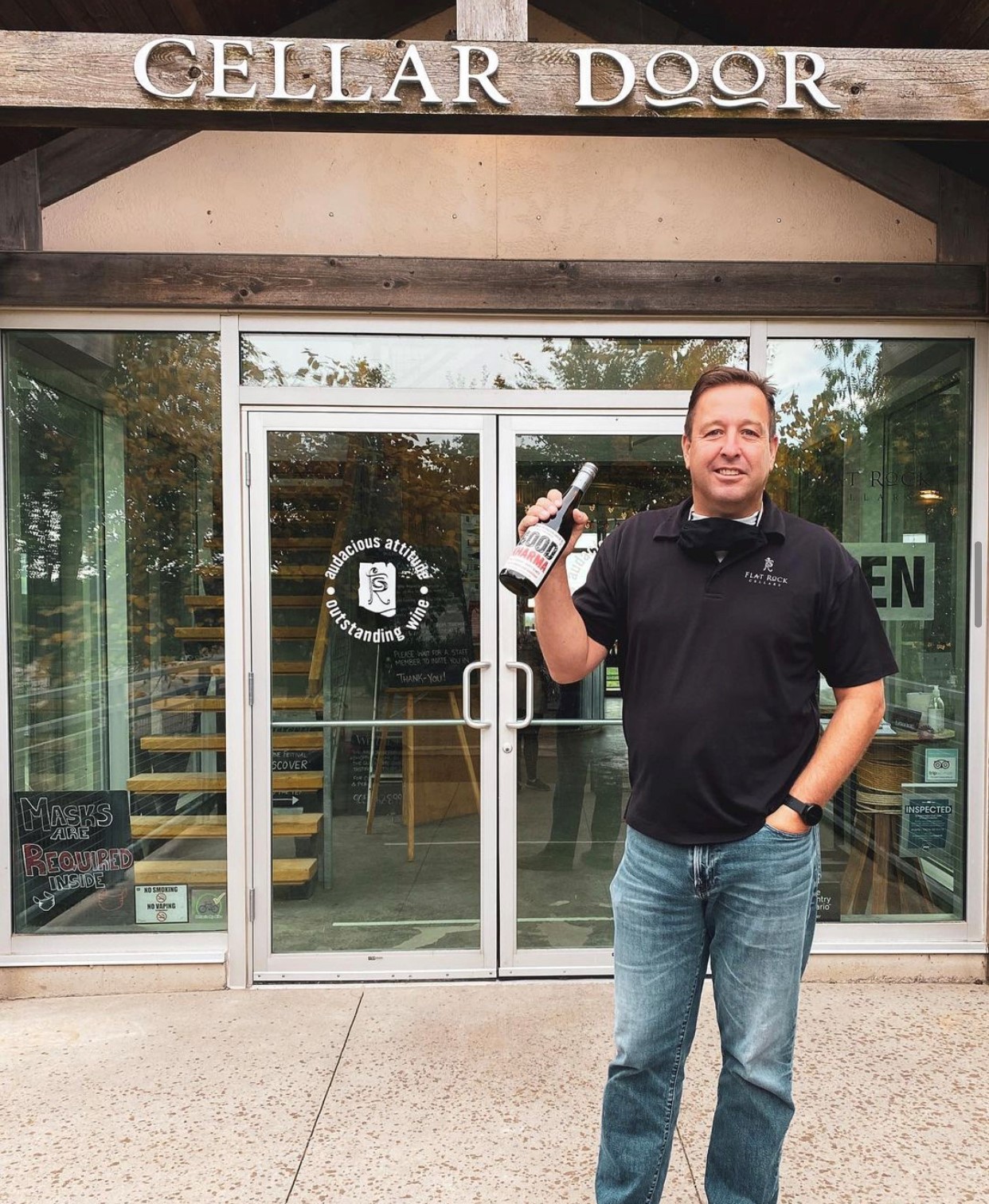July 3rd, 2024 – The Great Debate: Screw Cap vs. Cork
Written By: Rachael Hoad, Content Creator
In the world of wine, the choice of closure – whether cork, screw cap or crown cap- has evolved into a topic of considerable debate. However, at Flat Rock Cellars, there is no question that screw and crown cap are the ideal choice for our wines.
Historical Significance of Cork
While its origins are somewhat contested, cork has been a popular closure for wines since the 17th century, when Benedictine monks first used it to seal wine. Over the following centuries, cork has become synonymous with wine closure, revered for its natural properties that allow slight oxygen exchange while maintaining a seal. This natural material has embedded itself deeply in wine culture, symbolizing tradition, elegance, and the romanticism of wine appreciation. However, the reliance on cork has not been without issues. Variability in cork quality can lead to cork taint (TCA contamination), a chemical contaminant that gives wine a dank or musty smell, overpowering its natural fruit flavours. With between 1-3% of all bottles affected by cork taint, it is a concern that has prompted the exploration of alternative closures.
The Importance of Screw and Crown Caps
At Flat Rock Cellars, 100% of our wines are sealed with a screw or crown cap, for this very reason, as President Ed Madronich prefers all of his wines to be in the best shape possible.
Screw caps, typically made of aluminum, provide a reliable seal that effectively prevents oxygen from entering the wine and preserve the delicate aromas and flavours over time. At Flat Rock Cellars, we seal all of our wines with screw caps, to ensure consistency and freshness, and the elimination of cork taint allows our wines to age gracefully.
Initially associated with beer, crown caps have found a niche in the realm of sparkling wines, due to their strong ability to preserve delicate aromas and crisp carbonation. Previously an unpermitted closure for sparkling wines, Ed fought hard to change VQA regulations and was successful, ensuring that our commitment to quality is reflected in every bottle and resulting in the creation of the first Ontario VQA sparkling wine to be sealed with a crown cap. Crown caps have been proven in their ability to successfully age and preserve sparkling wines, demonstrated with Flat Rock Cellars’ 2006 vintage where six cases were sealed with cork and the rest with a crown cap. Thirteen years later, a comparative tasting of the two closures revealed that the crown cap reigned champion. While both wines were slightly oxidized, the wine sealed with cork was darker in colour and had lost some intensity in its bubbles. The crown cap sealed wine maintained its freshness in acidity and fruit flavours, with plenty of bubbles leaving a fresh finish.
Something we hear often is “If a full bodied wine, meant for longevity gets a screw cap, isn’t its desired aging stunted due to the lack of oxygen?”. In short, no. This assumes that the positive effects of wine aging are directly correlated to oxygen entering the bottle. In reality, what is the first thing we do when pouring a bottle of aged wine? Examine its colour and any effects of oxidation. Oxidation has detrimental effects on wine, which is why the team at Flat Rock Cellars have opted for screw caps from the very beginning.
As the wine industry continues to evolve, the discourse over closures- cork versus screw cap and crown cap- reflects a debate between tradition and innovation. However at Flat Rock Cellars, the use of screw and crown cap closures is rooted in both tradition and innovation as we have committed to using the most effective and sustainable options for our wines since the first vintage in 2003. By doing so, we have set new standards for preservation, consistency, and consumer satisfaction in the world of wine. Because after all, the Benedictine monks probably would have used screw caps if they had them!




